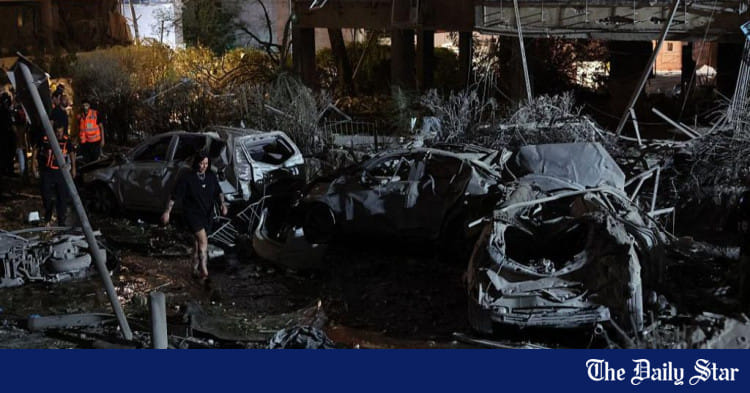- Copy to clipboard
- Moderator
- #466
- Messages
- 3,078
- Reaction score
- 1,552
Shuddering thoughts. The Orange monster was entertaining for a while, but the prospect of WWIII is not funny, for anyone on the planet....Please post any new vids from Israel if you find em. They trying ki nobody sees it, haramis.
Fake/old vids bhi bhot..
This Nettoyahoo guy just wants to cling on to power somehow.


















